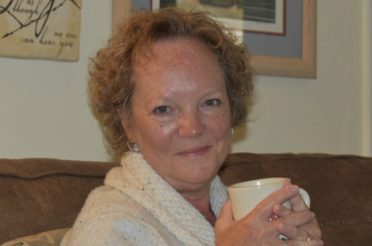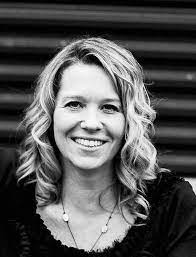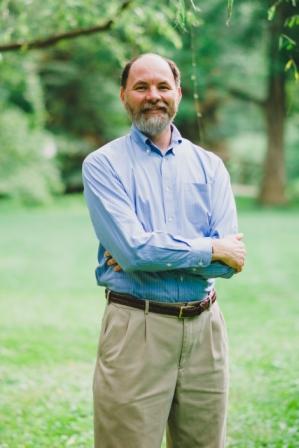By Roger Barbee
Pleasuring Herself
In his fine memoir, The Old Man and the Boy, Robert Ruark recounts his grandfather’s explanation of aging: “ A man don’t start to learn until he’s about forty; and when he hits fifty, he’s learned all he’s going to learn. After that he can sort of lay back and enjoy what he’s learned, and maybe pass a little bit of it on. His appetites have thinned down, and he’s done most of his suffering, and yet he still got plenty of time to pleasure himself before he peters out entirely. That’s why I like November. November is a man past fifty who reckons he’ll live to be seventy or so, which is old enough for anybody….” An admirer of Ruark and his two books about the older men in his life, I am reluctant to disagree with his grandfather, but I must because of Florence (not her real name).
The first time I met Florence was when my wife introduced us. She was a new member of a support group for widows in which my wife assisted. When we were introduced, Florence held her Bible close to her chest but could not hide the hollowness in her eyes. Her soft voice and softer demeanor caused me to think that she was having a most difficult time concerning her husband’s recent death. Her disheveled dress spoke of her emotional state. Over time, however, as Florence and I established our own friendship through church and our writing group, she shared much of her earlier life and of her marriage to her deceased husband, who was highly regarded in our small community. She had lived in his shadow, known as “Lou’s wife.” (not his name) I watched as she struggled with the issues concerning a spouse’s death and admired her grit as she sold the house they had shared, donated his tools and clothes, and all the other things that must be done following a death. My wife and I were elated when she found an apartment in a modern complex of homes, restaurants, shops, and that was near her children and us. Florence settled into her life, but she did not stop growing. In fact, she bloomed.
According to the web site Grammarist, the phrase time heals all wounds may be first attributed to the Greek poet Menander, who lived around 300 B.C. and said, “Time is the healer of all necessary evils.” Geoffrey Chaucer’s poem, Troilus and Criseyde, written in the 1380s contains the phrase: “As tyme hem hurt, a tyme doth hem cure.” However, no matter how the sentiment is expressed, the pain of a deep wound never disappears, but time and life may lessen the sadness of past pain. And Florence, as she embraced her new surroundings to create a new, full life, contradicted Ruark’s grandfather’s observation about being seventy.
Florence is no longer any man’s wife, pushed back into the shadows. She is known in her community through her part time work in a shop, for being encountered during her early morning walks around the complex, for her group that meets weekly to share conversation on a veranda, and her patronage to a cigar bar. Into her seventh decade, she is now herself. Yes, she is still a mother and grandmother, but she also has a life in her community that is hers, and not one that she shares with her family. Her family knows of that life’s existence, but Florence denies them entry because it is hers and not one to be shared with them.
Florence shares her new life with my wife and me, and we are happy for her. She told us not long ago how she was planning to smoke a cigar in the near future in the cigar bar and might even get a small tattoo. Not bad for a past seventy-year-old grandmother whose hands still bear the creases from work as a young girl on a North Carolina tobacco farm.
Florence, like all of us, carries certain sadness. But unlike so many folks, she took stock of where she found herself and decided for life. Much like the Phoenix, Florence rose from the ashes of her former life– to smoke a cigar, to get a tattoo, to build her own nest.







